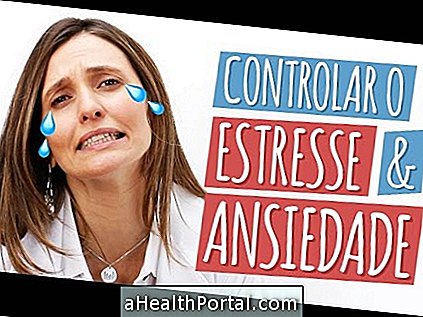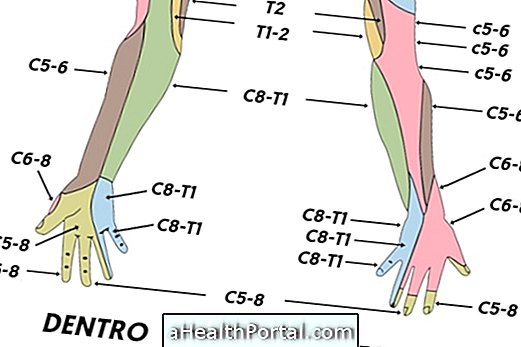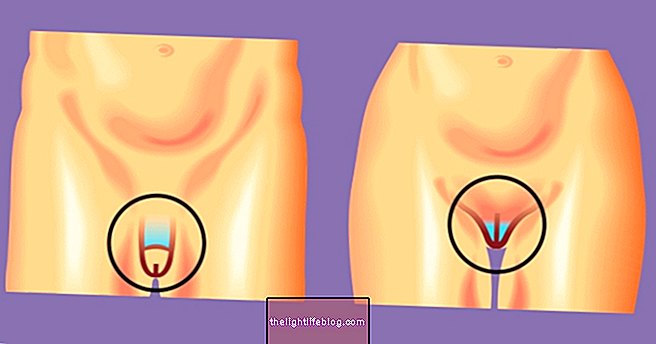To control the urge to steal you should treat yourself with a psychiatrist, who will identify the problem and use drugs that help prevent thefts, such as antidepressants, anticonvulsants and medicines to control anxiety.
In addition, cognitive-behavioral therapies also need to be developed to develop methods that help the individual control and avoid theft, such as phrases that recall the guilt felt after the robbery and the danger of stealing. However, this treatment is time consuming and it is important the family's support to help the patient control their illness.
Which is
The impulse to steal, also known as kleptomania or compulsive theft, is a psychiatric illness that leads to frequent theft of storefronts or friends and family due to an uncontrollable urge to possess something that is not yours.
This disease has no cure and its treatment is done with psychiatric monitoring to control the symptoms and prevent thefts, which happen mainly during periods of stress.

Symptoms and Diagnosis
Kleptomania usually appears in late adolescence and early adulthood, and its diagnosis is made by a psychiatrist based primarily on the presence of 4 symptoms:
- Frequent inability to resist the urge to steal unnecessary objects.
- Growing sense of tension before the theft;
- Pleasure or relief at the time of the theft;
- Feeling guilty, remorse, shame and depression after the theft.
Symptom number 1 differentiates the person with kleptomania from common thieves, as they steal objects without thinking about their value. In most cases of this disease, stolen objects are never used or even returned to the true owner.
Causes
Kleptomania does not have a definite cause, but it seems to be related to mood disorders and history of alcoholism in the family. In addition, these patients also usually present a decrease in the production of the hormone serotonin, which is the pleasure hormone, and theft increases this hormone in the body, which can cause the addiction that is behind this disease.
What can happen
Kleptomania can lead to psychological complications such as depression and excess anxiety, and complications in one's personal life, as the will to commit theft disrupts concentration and healthy relationships in the work environment and with the family.
In addition to the emotional difficulties, these patients are often surprised at the time of the theft and have to respond to the police for their attitude, which can lead to serious consequences, such as imprisonment.
To avoid crises that lead to theft, see 7 Tips for Controlling Anxiety.





















